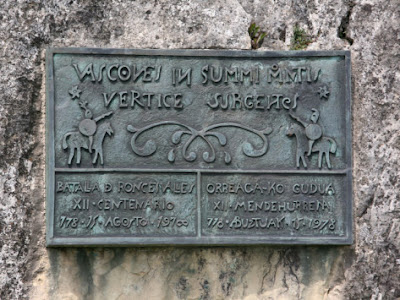 |
Roy C. Andrews. Classroom, ca.1911.
|
Teaching by Nature
James Hart
"it's spring and the goat-footed
baloonMan whistles far and wee"
~ "in Just" by e. e. cummings
We construe
autumn lessons for you,
share yellow
notes of leaves we carry
here from
time’s college of the soul,
geese's
check marks on far margins
of the sky,
old familiar words we say
year in year
out like whiskered frost
x-ing over
text on pages in dead grass.
We chalk
desire’s lush verbal phrases
across
winter’s bleak squeaky board,
sometimes
our participles dangle ice
in our
minds, time’s vague antecedents
waiting to
be clarified like sky as years
settle in
powdery drifts across the floor
if your
custodial ears will not hear us.
Class, I
hope you’re all taking notes:
you join
fragments to hapless clauses
and discern
when to let your sentences
run on
beyond black night’s horizons;
you learn to
scan context from the stars
and know,
like Cummings, when to void
punctuation’s
rules, and feel green buds
sprout
poetry in goats and barren souls.
(Poem from
unpublished manuscript
entitled Somewhere West of Never)
.jpg)













